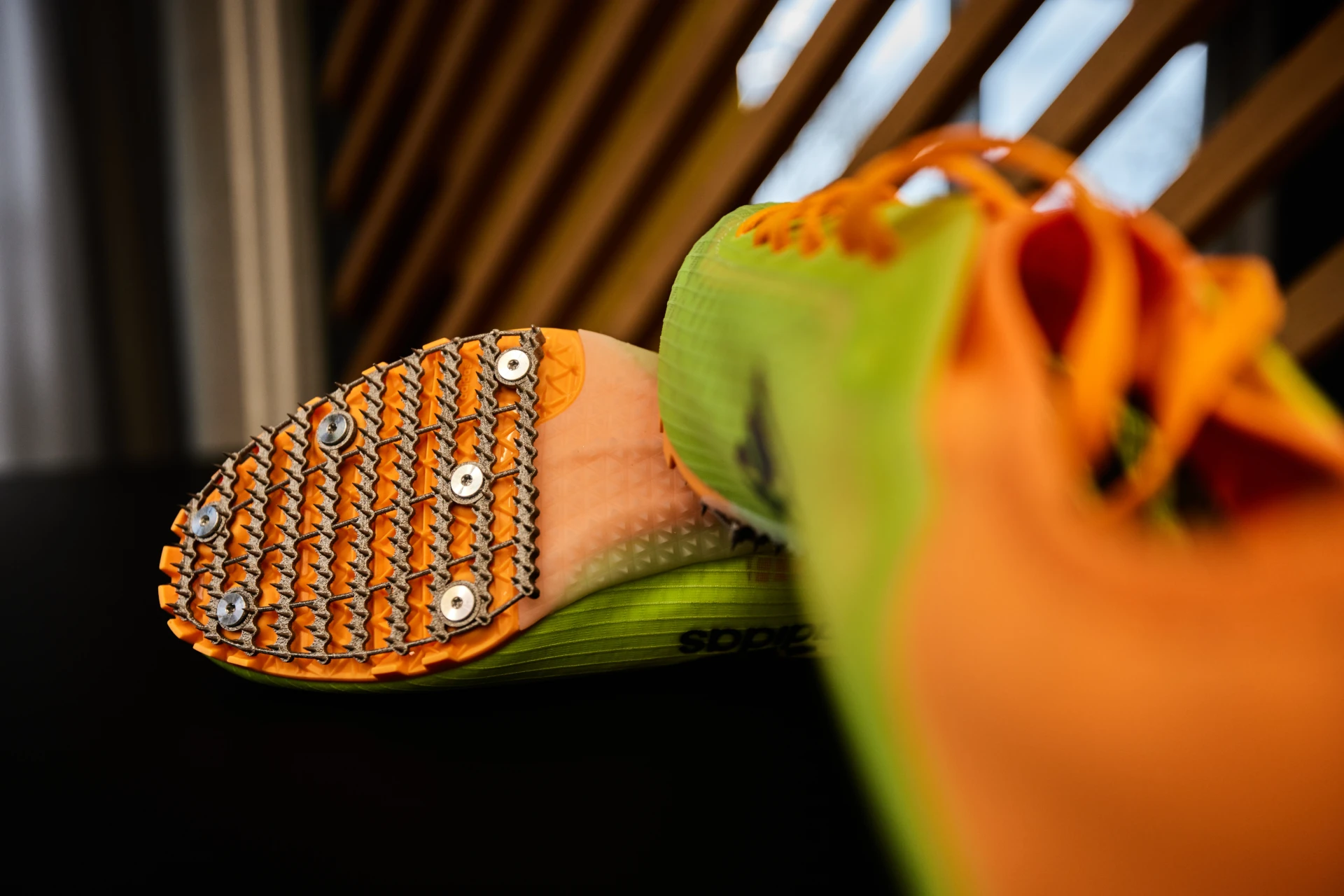
Accelerating bobsleigh national team with 3D printed spike plates
The German Bobsleigh, Luge, and Skeleton Federation (BSD) aimed to optimize start times and enhance performance for its athletes ahead of the 2026 Winter Olympics. Traditional spike plates lacked customization and efficiency, hampering acceleration and speed on the ice track. BMW Group introduced personalized 3D-printed spike plates, with the use of Synera's software for rapid, automated, and tailored creation of 3D print data. With precise adjustments in geometry, stiffness, and weight distribution, the spike plates were customized to each athlete's biomechanics.

Time savings in design process due process automation
Reduced cost and time-to-market
Performance improvement through customization
The biggest advantages of the 3D-print process are the saving of time and costs as well as the flexibility because no tools are required to create the components. This quickly allows us to develop, test, and efficiently optimize different variables.
BMW Group


With its brands BMW, MINI, Rolls-Royce and BMW Motorrad, the BMW Group is the world's leading manufacturer of premium automobiles and motorcycles and a provider of premium financial and mobility services. The production network of the BMW Group comprises more than 30 production locations worldwide; the company has a global sales network with representatives in more than 140 countries.



.png)